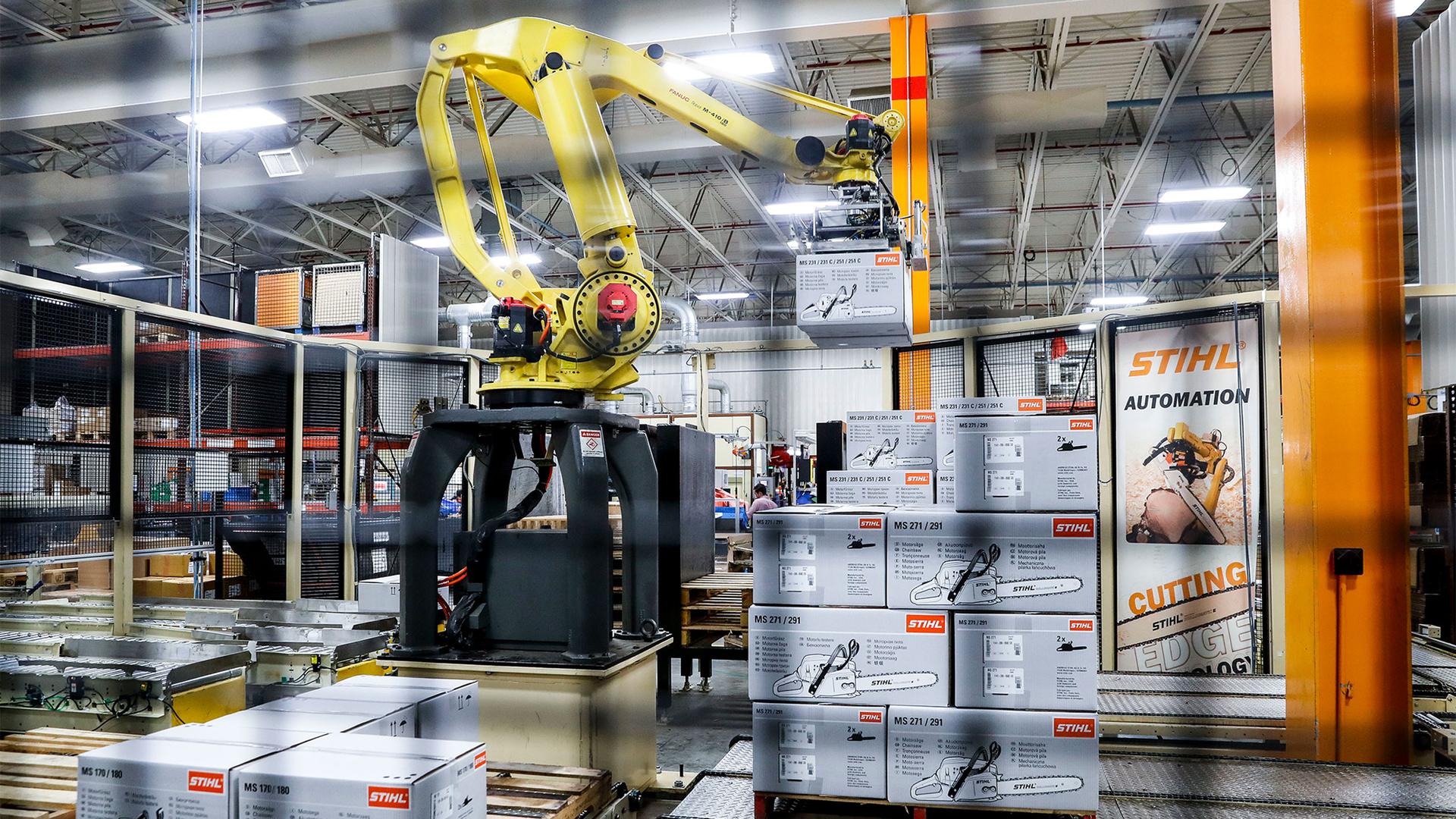The Italian job: Part II
This analysis was featured in Critical State, a weekly foreign policy newsletter from Inkstick Media. Subscribe here.
A robot is a machine that does labor. As a phenomena, industrial automation trades initial capital outset for the expense and variability of human labor, though robots are more transformative than simply direct replacements for workers.
In “Reshoring may create new job opportunities, although primarily for workers whose skills are complementary to robots,” authors Massimo Anelli, Italo Colantone, and Piero Stanig examine how automation shifts the material realities and, in turn, the political preferences, of workers.
“Individuals endowed with skills that are complementary to the new technologies benefit from automation, while more substitutable workers lose out. These labor-market developments are likely to be politically consequential,” write the authors.
For programmers and designers, who can turn their advanced skills into coding, building, and maintaining robots, robotic labor can be an economic boon. For workers who, in early industrial eras, would have performed tasks not automated, the introduction of robots can mean the end of well compensated employment, and permanent relegation to less stable work, like waiting tables.
This shift plays out over time, as automation is but one of many factors at play in an economy. The most immediate effect is that of a line worker displaced by a robot, but automation also has a carry-on effect for new workers who, in a previous generation, may have taken the job automated out of existence. The authors go to great lengths to model this impact, as merely looking at employment after the onset of automation doesn’t capture the individual perception of what life would have been like had automation never happened.
“Individuals with higher robot exposure are less likely to have a permanent contract, display worse perceptions of economic conditions and well-being, and report lower satisfaction with the government and democracy,” write the authors.
This dissatisfaction can lead workers to radical parties on both the left and the right, but the effect of automation left support is only one-third as strong as the shift to the right. The authors attribute this to the package of protectionism and nativist policies offered by the right, as well as a specific right emphasis on a return to a mythical recent past.
“Besides the economic platforms,” write the authors, “the idea of taking back control is often combined with the defense of a traditional way of life that supposedly characterized the nation before globalization and immigrants — but also computers and robots — had a disruptive impact on society.”
The authors test their assumption by examining parties individuals voted for in elections in European countries from 1999 through 2015. To fully capture automation on an individual level, they contrast election results as they happened with how individuals would have voted instead in a world where automation did not take place. The effect, they find, is that exposure to automation leads to “a 2.8-percentage-point increase in the probability of voting for a radical-right party,” which is even more significant given that baseline probability of voting for the radical right is just 4.8%.
Nativist politics are not a solution to the problems of worker displacement from automation, but they are a visible policy the displaced can point to. Instead, policymakers could find a way to offer dignity and stability in hard-to-automate jobs.
Related: The Italian job: Part I
Critical State is your weekly fix of foreign policy analysis from the staff at Inkstick Media. Subscribe here.
